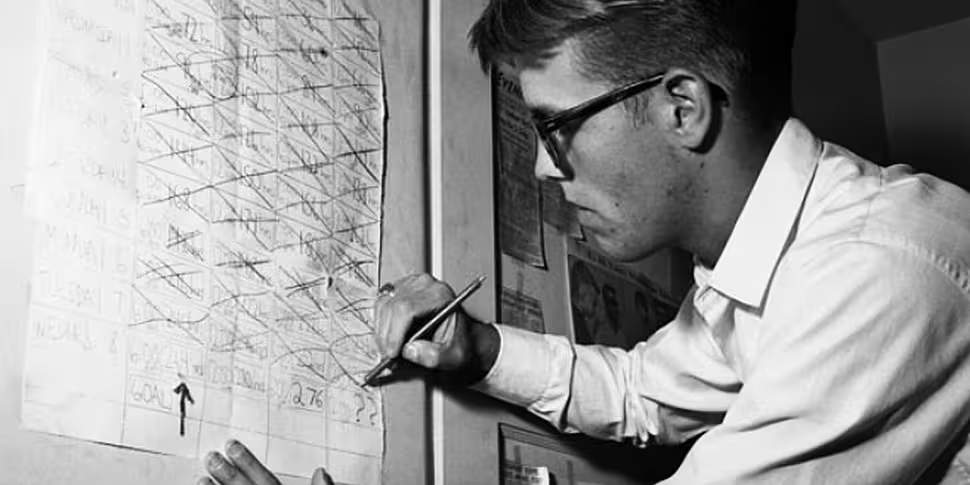"Please, don't wake me, no, don't shake me
Leave me where I am, I'm only sleeping"
I'm only Sleeping, the Beatles
In one of the most easily-relatable songs ever written, 'I'm only Sleeping' from the Beatles Revolver riffs on the state of contentment reached by spending time under the duvet.
The benefits of sleep are well known to anyone who makes good use of their alarm's snooze button, but how much you need depends on factors ranging from your age to your job.
On today's The Right Hook, Shane Coleman will speaking with sleep expert John Faul about a study which says that tailoring work times to biological rhythms can improve the well-being of some shift workers.
You can listen to it live at 6.30pm or catch up later with the podcast.
Another
study by the US national Sleep Foundation published in February determined the ideal amount of sleep required by different age groups. Six to nine-year-olds require 11 hours; older children and teenagers require between eight and ten; while adults require between seven and nine.
Curiously, the study also found that sleeping too much could be as damaging as not sleeping enough and result in higher levels of depression, anxiety, diabetes, high blood pressure and obesity.
But what are the side effects in more extreme cases of sleep deprivation?
The record for the longest time spent awake is debatable, partly because the Guinness Book of Records now have a policy against recording or publishing it.
Possible claimants range from Maureen Weston, who reportedly stayed awake for 449 hours during a rocking-chair competition in 1977, to Tony Wright, who live-streamed his more than 264-hour stint in 2007.
However, it is the case of Californian Randy Gardner, who in 1964 stayed awake for 264.4 hours (11 days and 24 minutes), that is most interesting. Unlike other subsequent record-breakers, Gardner, who was 17 at the time, was participating in a Stanford experiment, and so more details exist of the effects.
Though he suffered no long-term damage, one navy scientist present noted side-effects as they appeared. By day two, Gardner began to have difficulty focusing his eyes, and by day three moodiness began to set in.
On day four he experienced his first hallucinations - mistaking a signpost for a person and imagining he was a famous footballer. He was, however, conscious that these were illusions.
In days six through eight his speech began slurring and memory failures became more common, and by day 10 he began to develop paranoid fantasies.
By the final day, Gardner's attention span had shrunk dramatically, his speech was slurred and monotone, and he was highly uncommunicative. When asked to start with the number 100 and subtract seven each time he reached 65 before forgetting the task.
Though these symptoms of sleep deprivation appear drastic, Gardner recovered completely in under one week. And unlike US disk jockey Tom Rounds, who previously held the record, his hallucinations were manageable. On the last day of his attempt, Rounds believed a neurologist was an undertaker brought to bury him, and ran from the room screaming.
If one thing is clear, it's that John Lennon's dreamy pop classic, recorded only two years later in 1966, hit the nail on the head.









